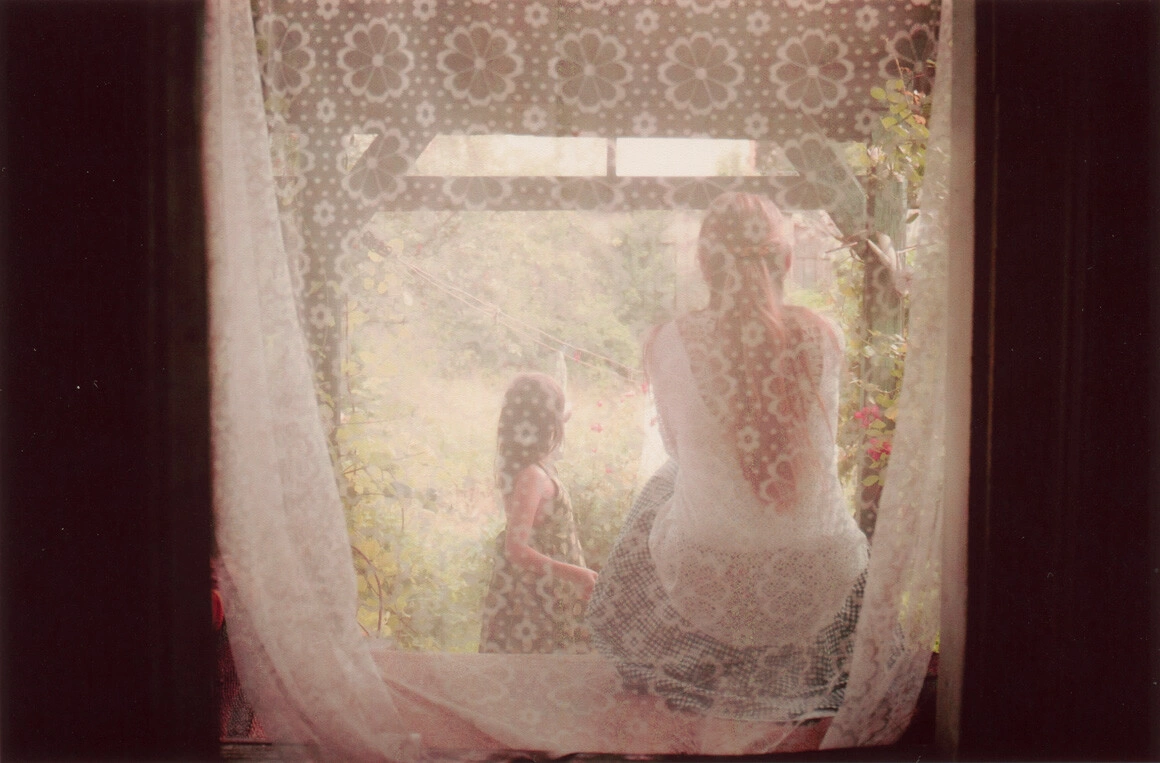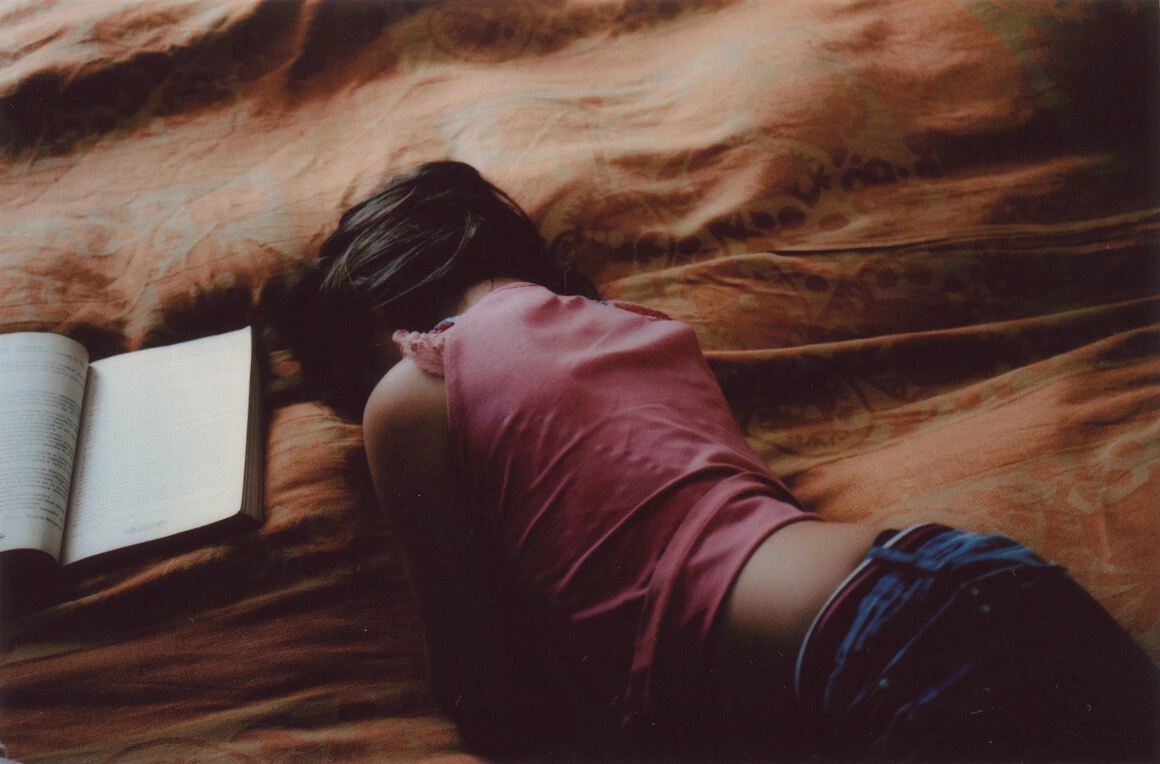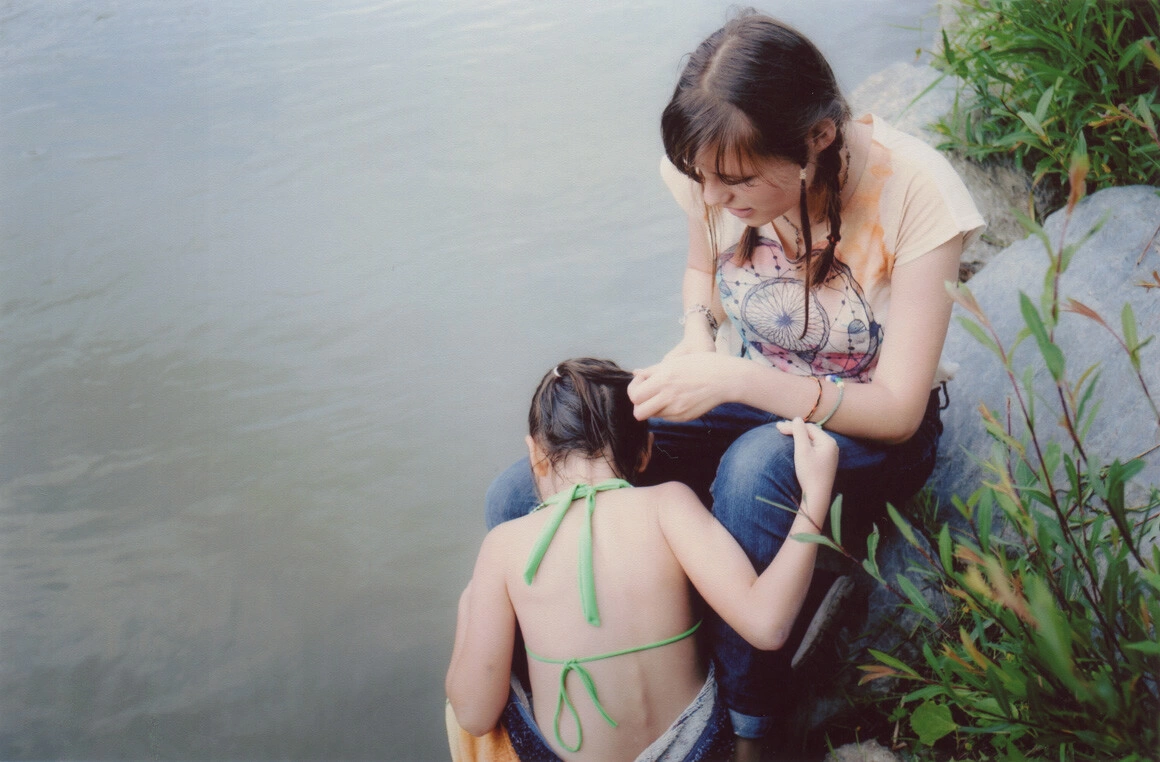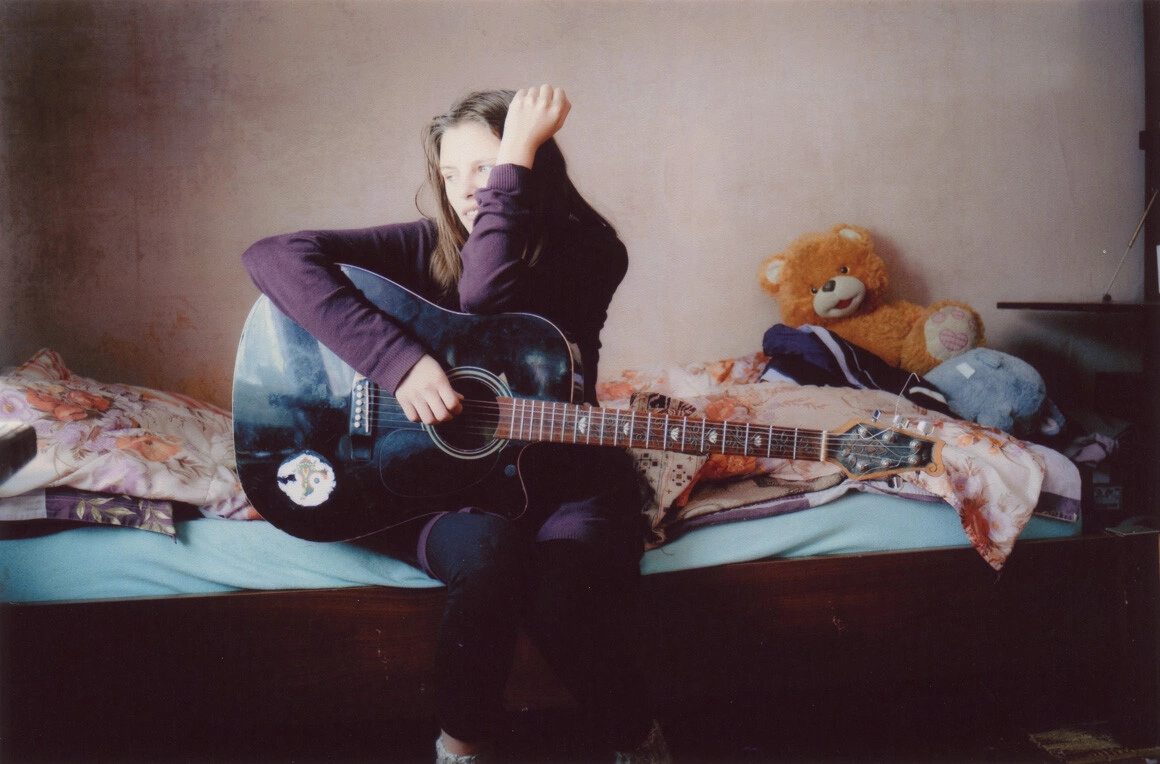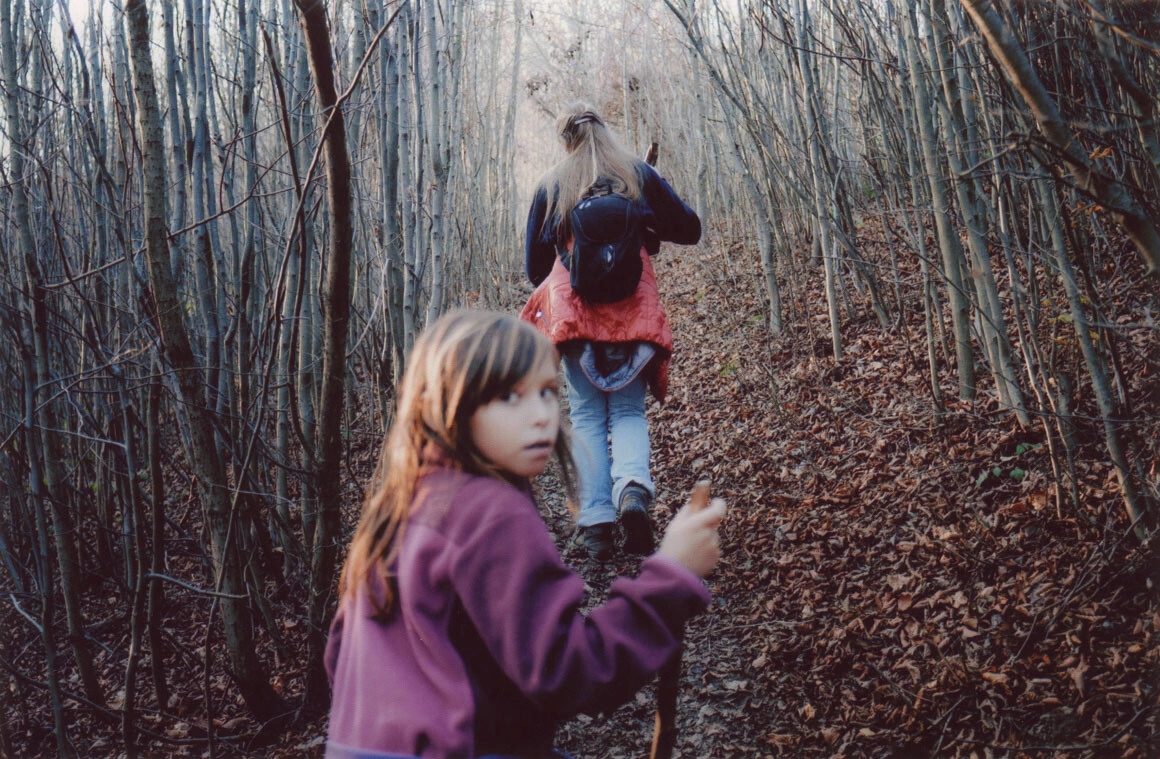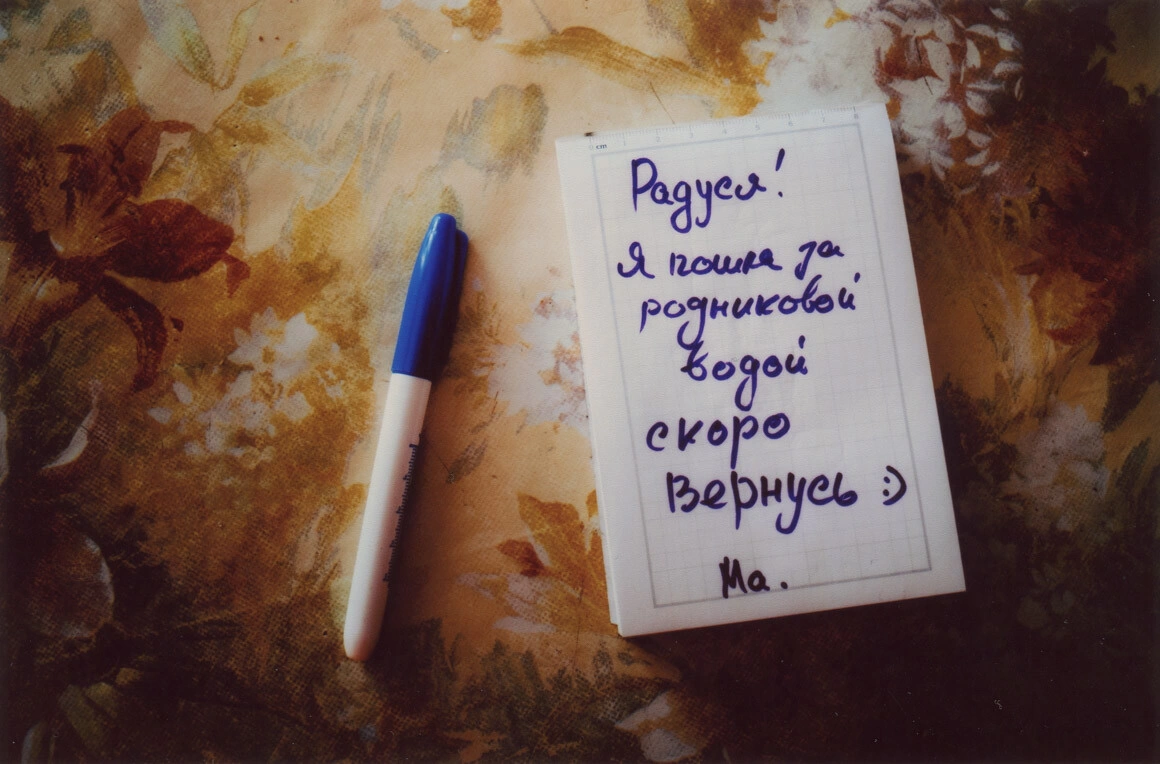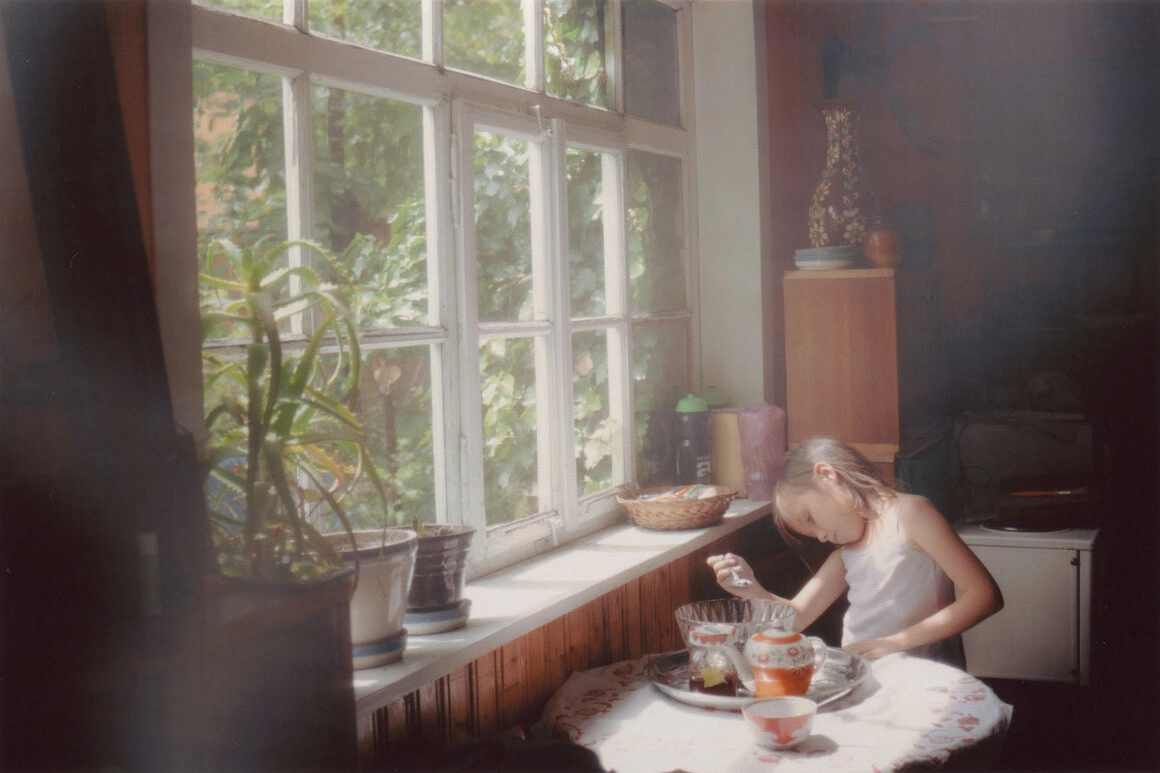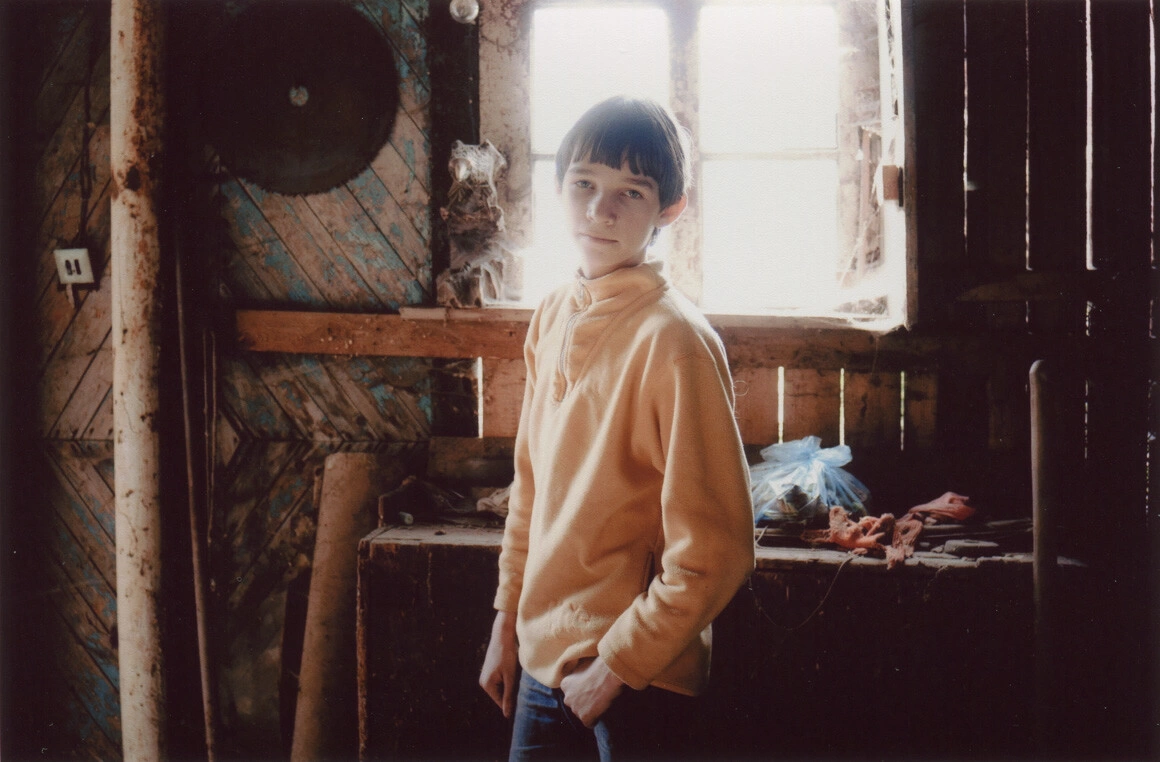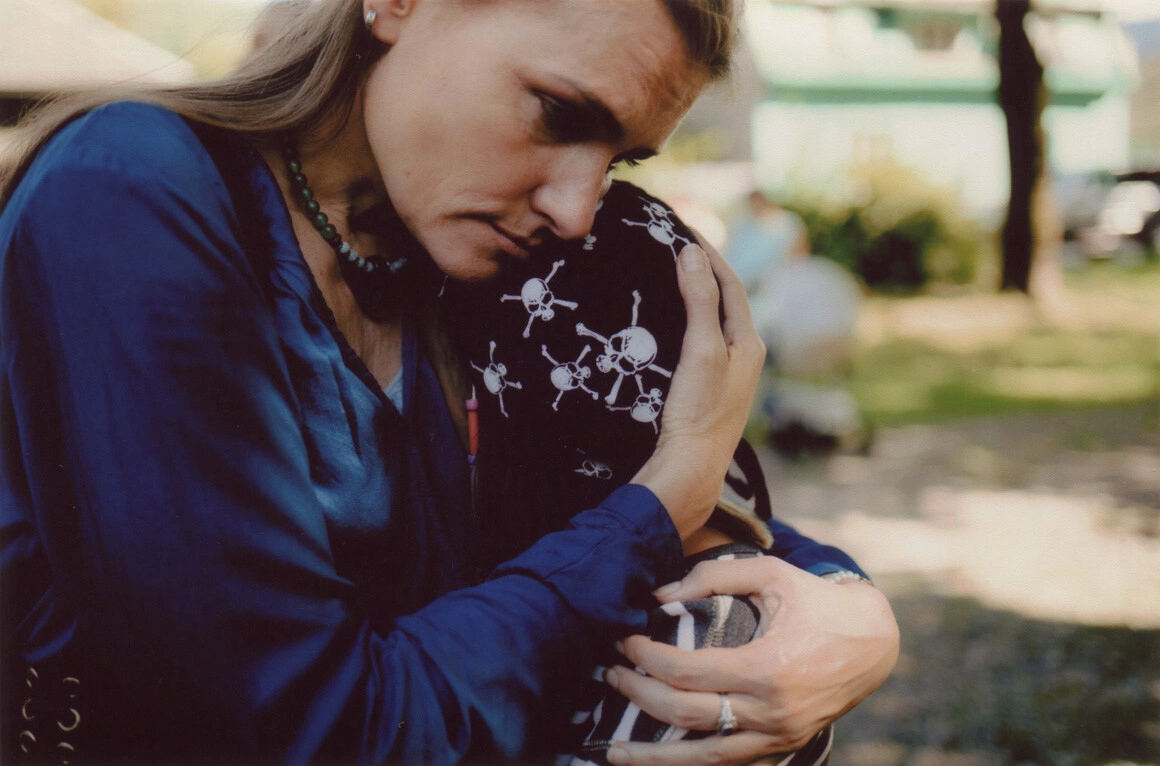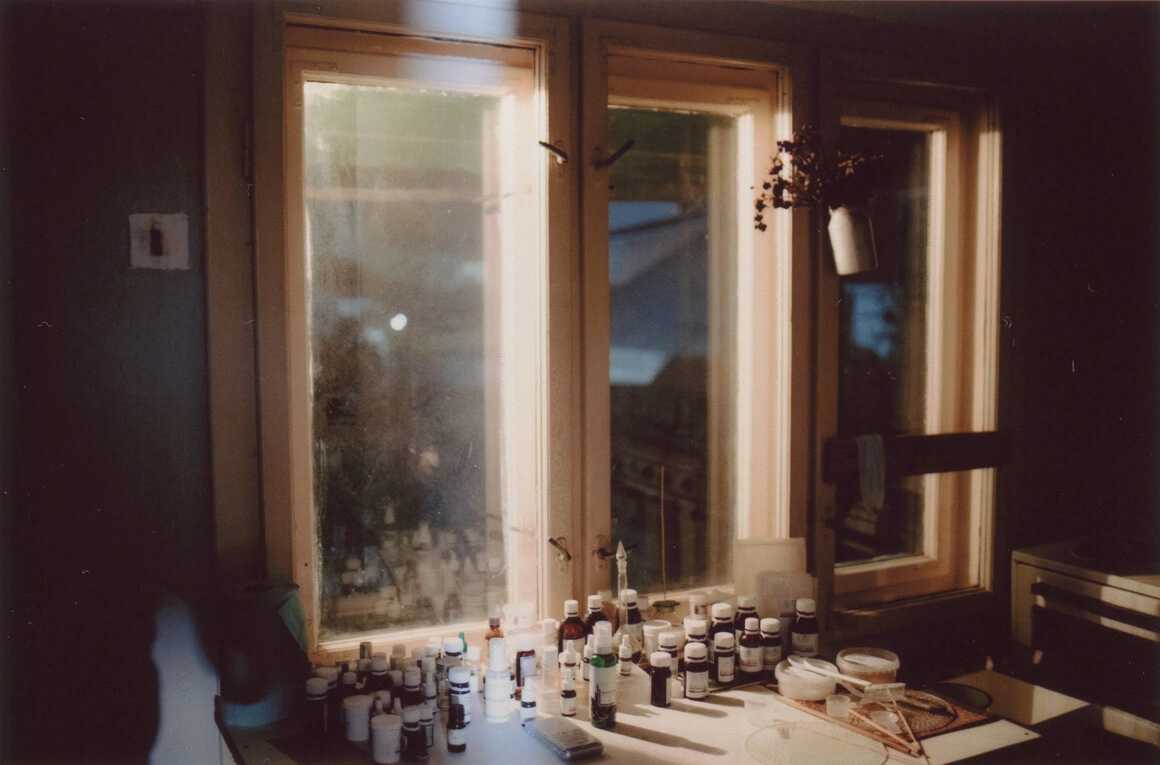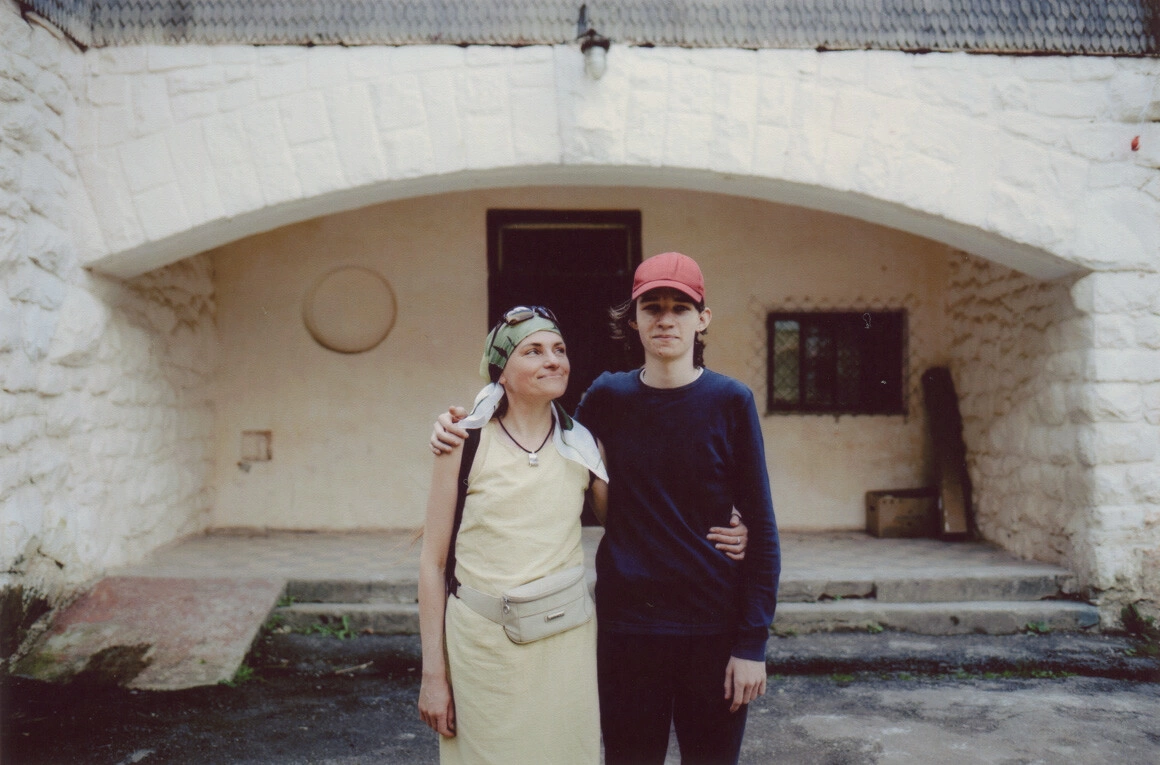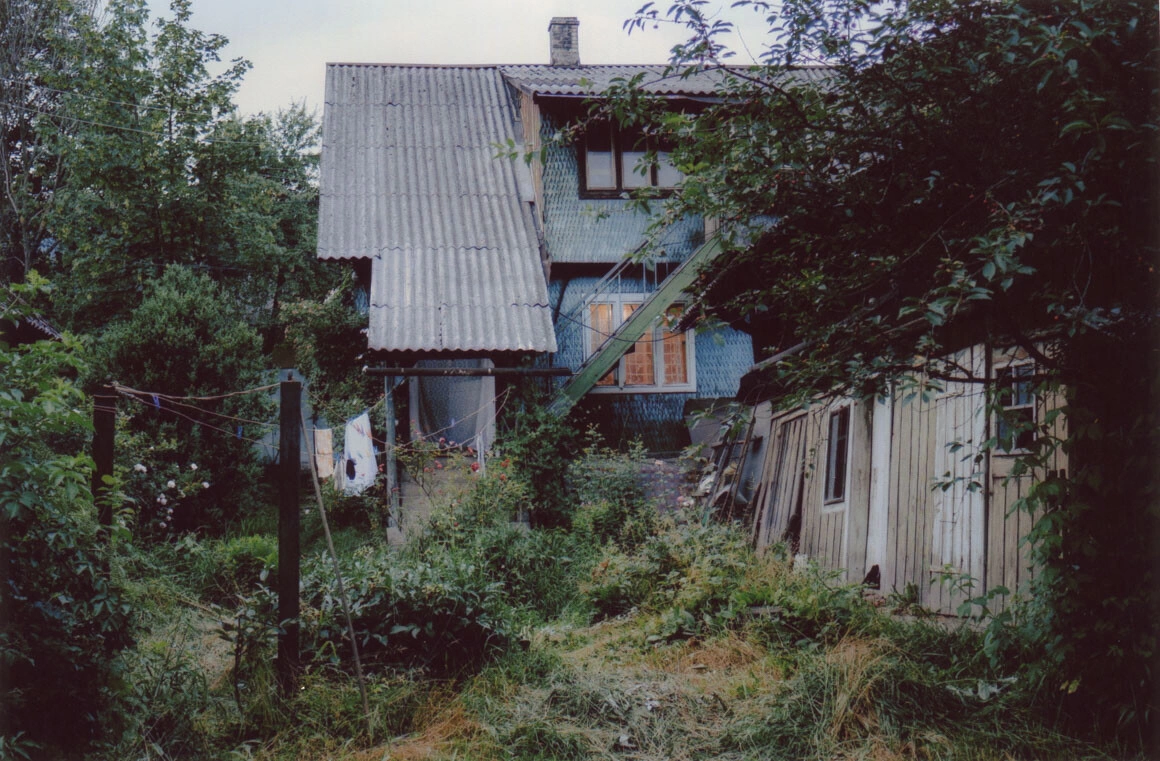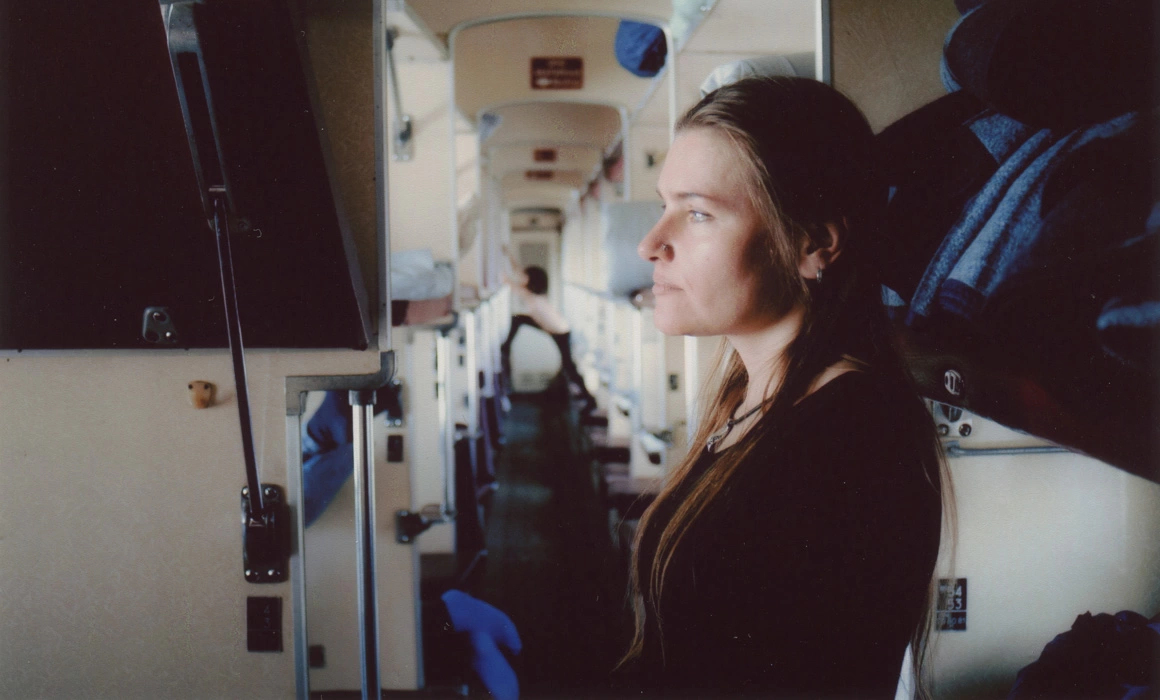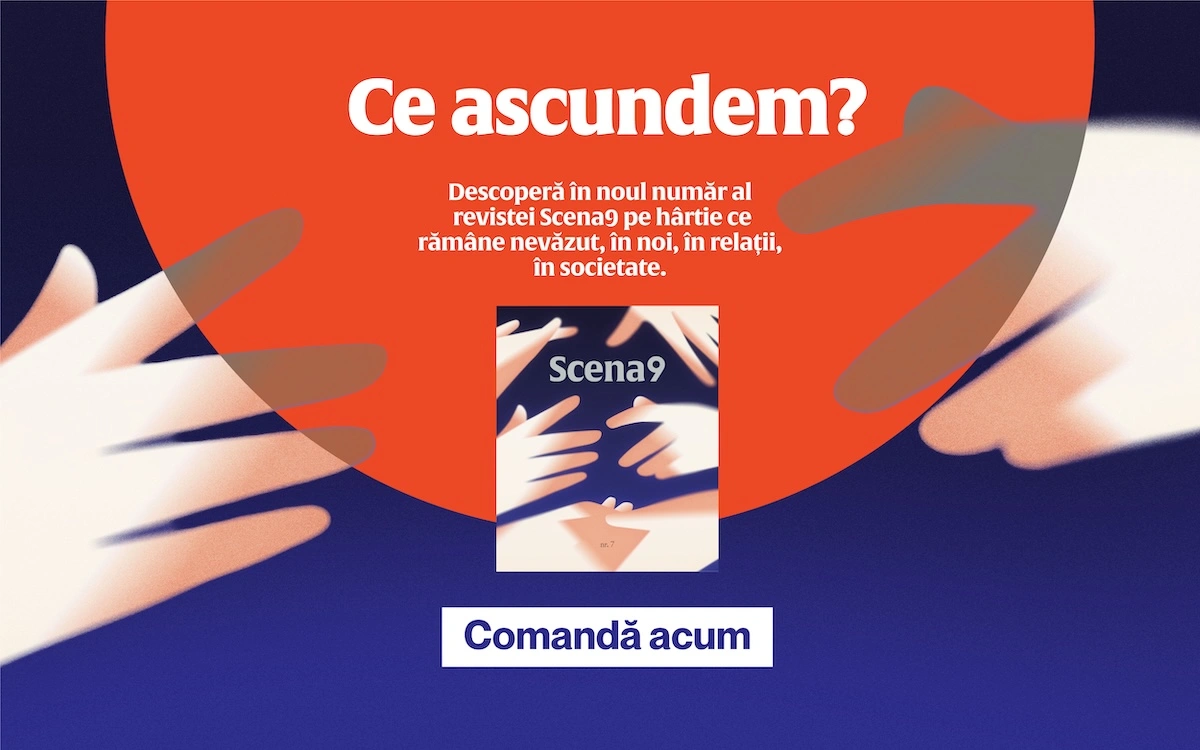Inna Morozova is a single mother who in 2014, when war broke out in eastern Ukraine, took her three children and ran from Luhansk. They found a new home in the Western part of the country, in the Carpathian mountains. Now all of Ukraine is attacked, and the UN says about 368,000 refugees have left the country since the conflict began.
Photographer Mikhail Kalarashan has been documenting Morozova’s new life since 2017, when they met by chance. Kalarashan was kitchhiking from Uzhgorod to Chișinău, and he needed to spend a night in Rakhiv. ”A friend gave me her phone number, saying that she could help me”, Kalarashan remembers. „In the morning at breakfast, Inna told me that they were refugees from Donbass. I was touched by this, and have visited them ever since. I got to know them, we got closer and closer, and I took many pictures. I didn’t want this to be another stereotypical story about refugees, there are so many projects like that. It was important for me to capture the atmosphere of their family and how I felt when I was with them. This is how almost 5 years of our friendship flew by. We still keep in touch, and I go to Rakhiv every chance I get. ”
Rada is a story about people who ran away from a war, but it’s also much more than that: it shows us the people behind the refugee status, their warmth, their family life and their connection to nature. Until now, Inna and her children have been living in peace for years, the mountains shielding them from bullets and destruction.
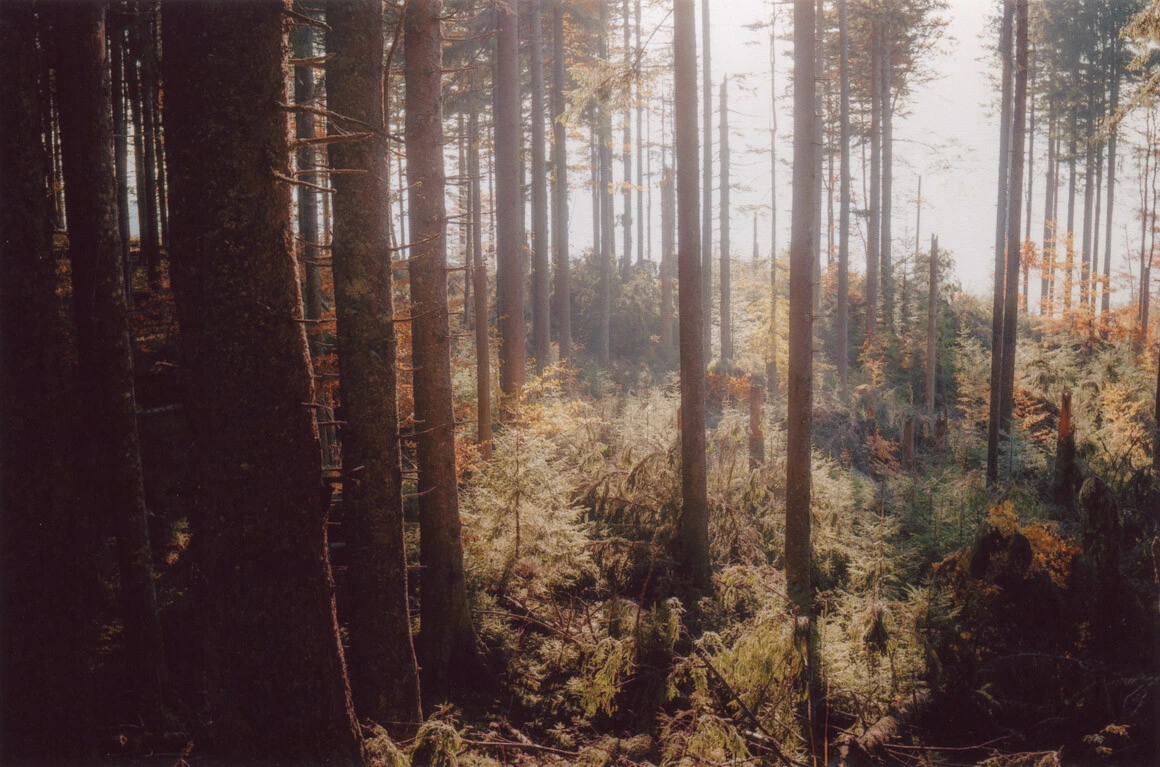
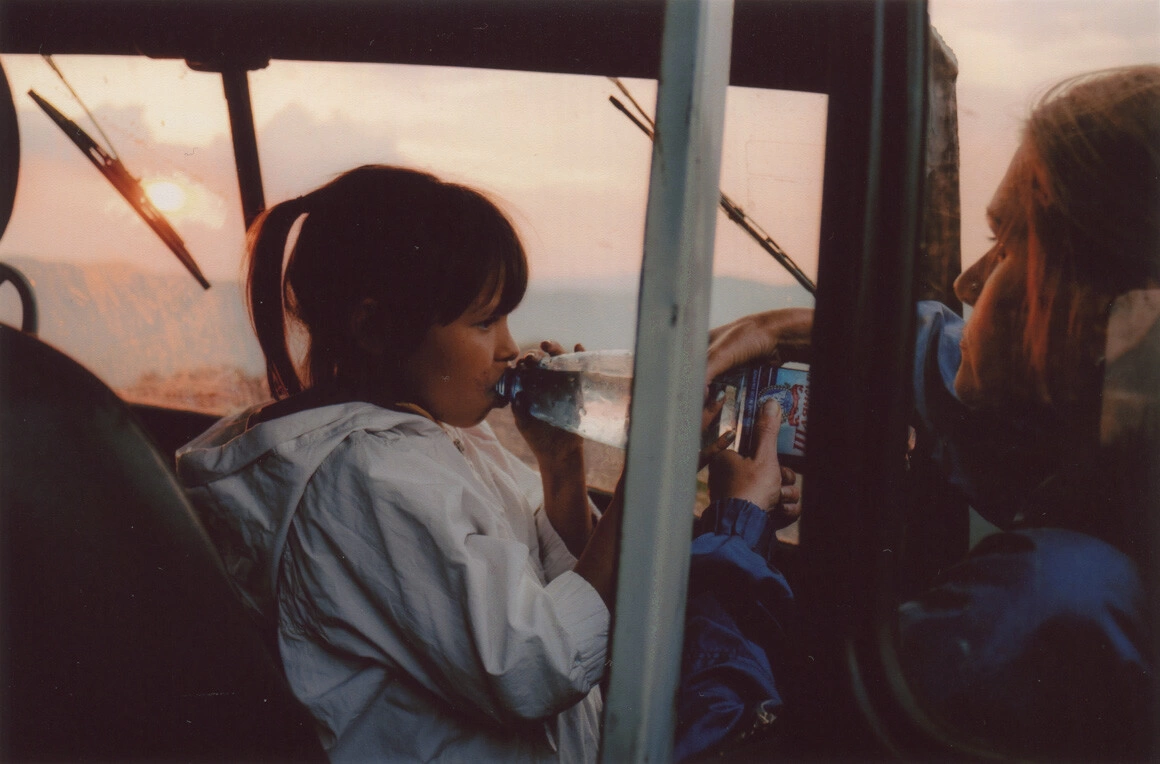
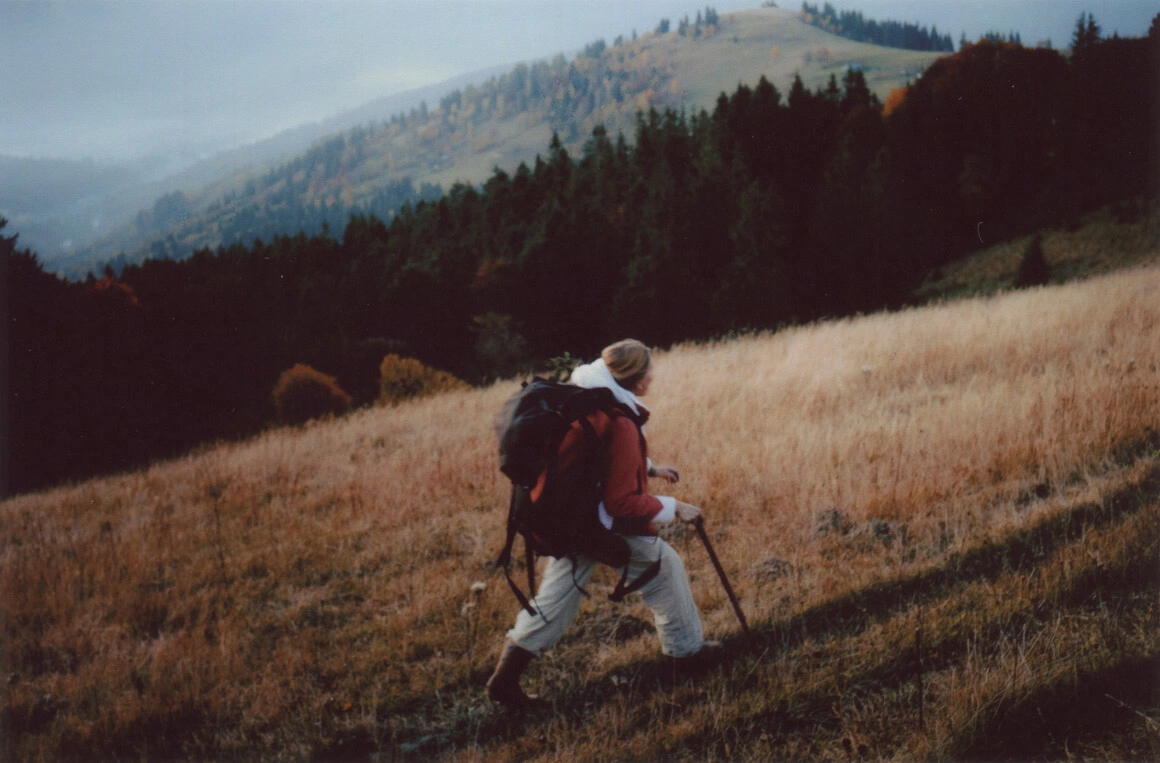
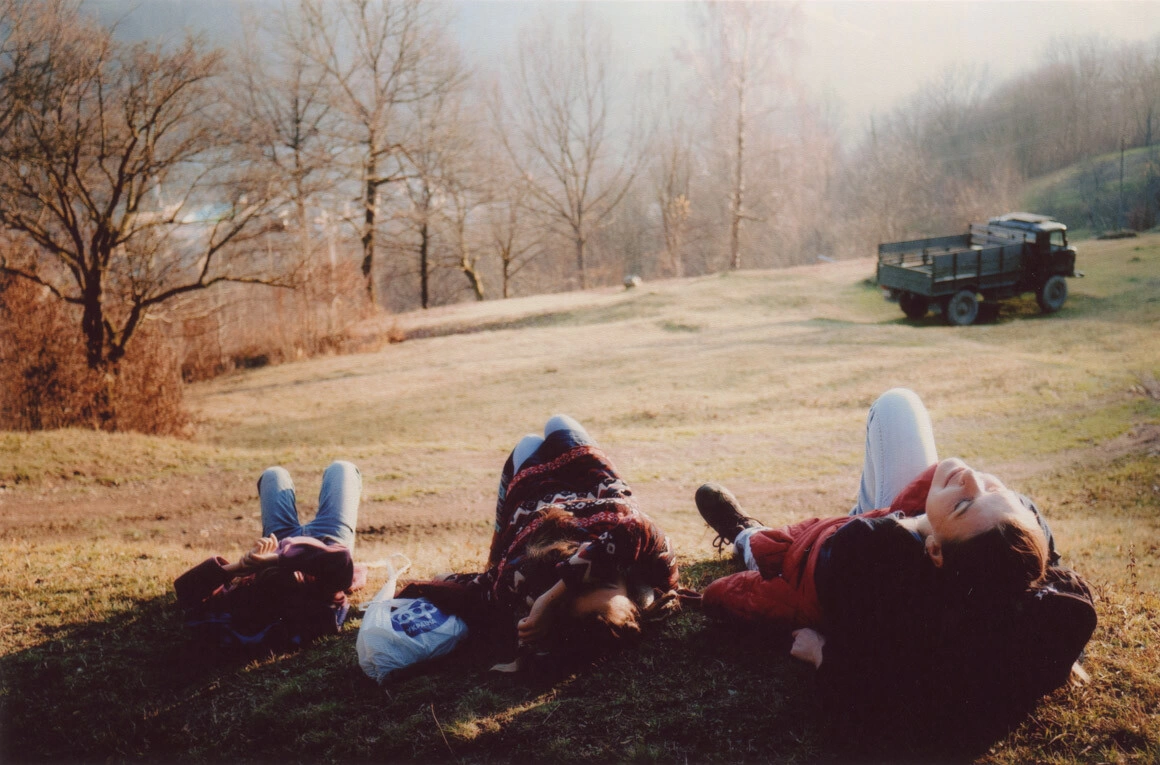
Despite all their hardship, Inna managed to protect her children, didn’t look back with fear and didn’t let the war become the main event in the life of her family. ”Her daughters and her son were able to have a normal childhood. The war changed their destinies, but a human being with inner peace is stronger than war”, Kalarashan explains.
Rada (Рада) is the name of the family’s youngest. In Russian, rada means joy, in Ukranian in means advice. It’s a word charged with multiple meanings, in Ukranian, in Russian, and in the Morozova family.
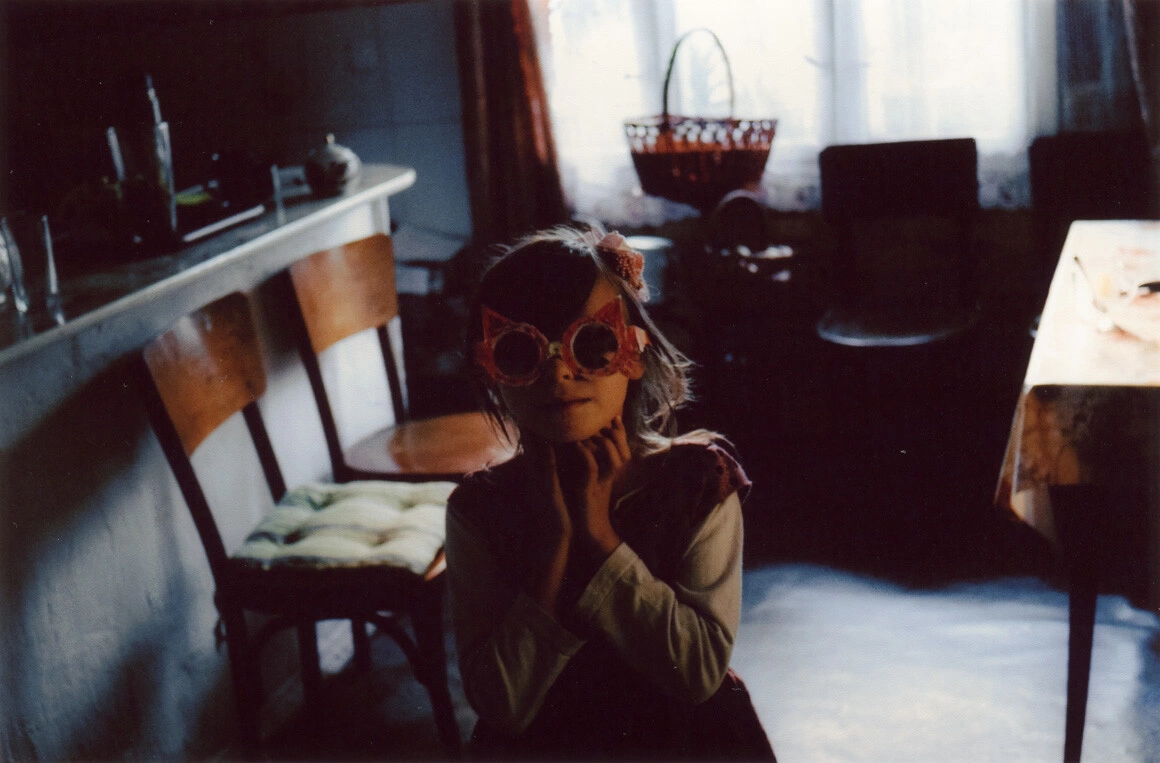
In an interview-monologue from 2017, Inna Morozova shares with the photographer what she has learned from the experiences of the last years:
“After the reality of war, I stopped making plans for the future. It is so strange — to live only from day to day, but I don’t have any choice. We live with few resources, but we find everything we need each and every day. What happened 4 years ago and what made us move here, has changed my life drastically. It also changed the life of my family. I took my kids and drove off — the further, the better. It turned out to be a march across the country, from east to west.
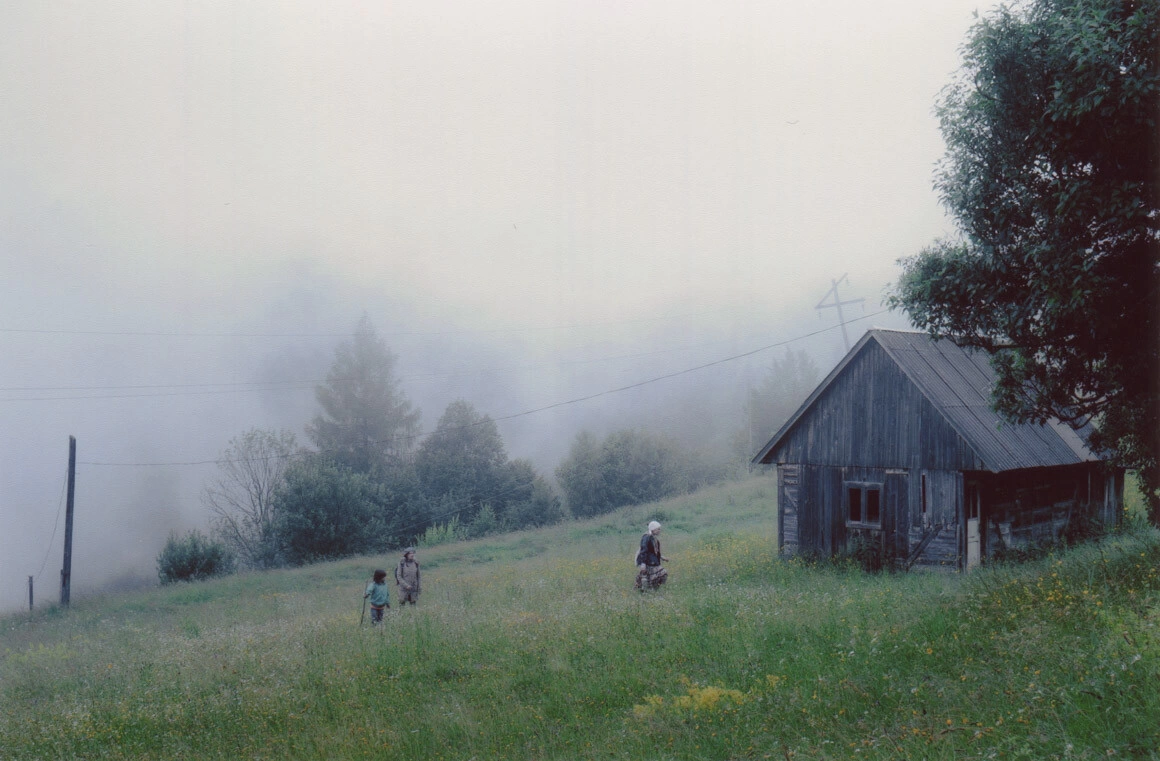
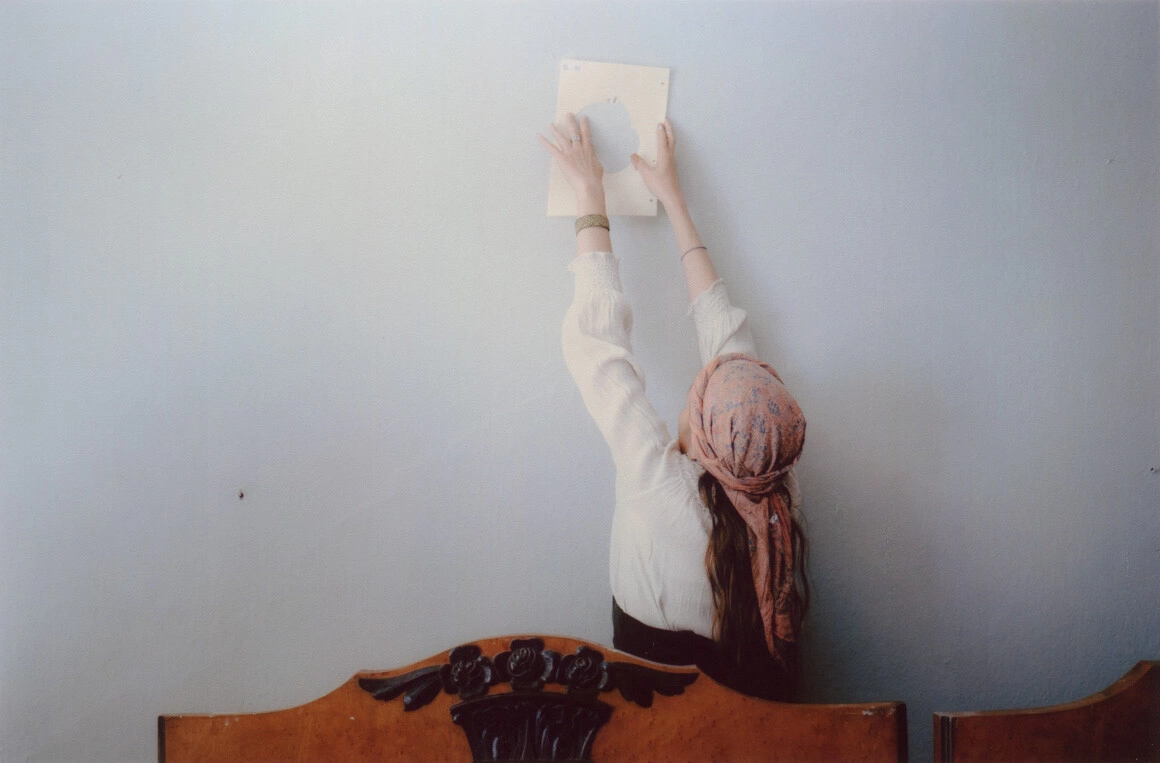
Sometimes you have to go through a big crisis your life, in order to understand something important. Everything people rely on: your own piece of land, your house — all of this can burst like a soap bubble, very quickly. Relationships also can end at some point. We rely on very shaky and unreliable things.
Rakhiv is a beautiful place, a small town with good people. I’m deeply inspired by this nature, by this air, by these mountains and the skies. Each blade of grass supports me. In the first few years, everyone treated us like refugees and they supported us. I am very grateful for that. The Rakhiv grannies brought us pickled cucumbers, mushrooms, warm clothes. We, of course, accepted all this with gratitude. It is so nice to see people doing good from the bottom of their heart.
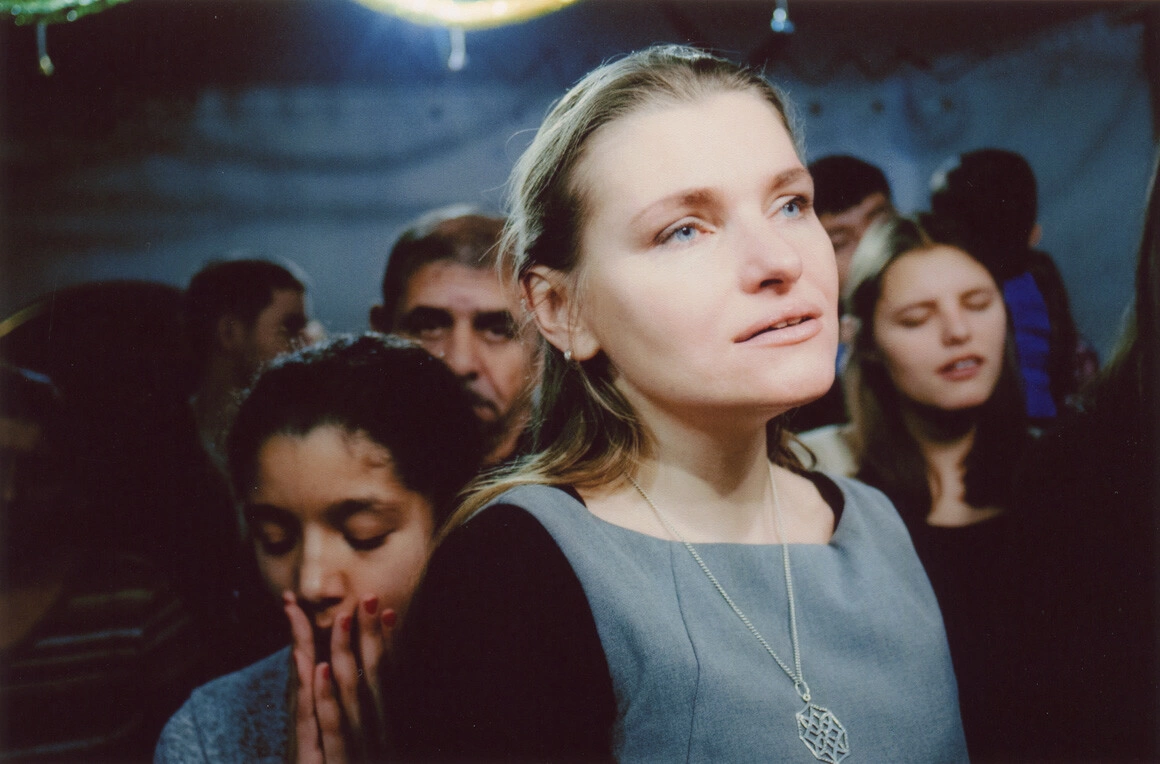
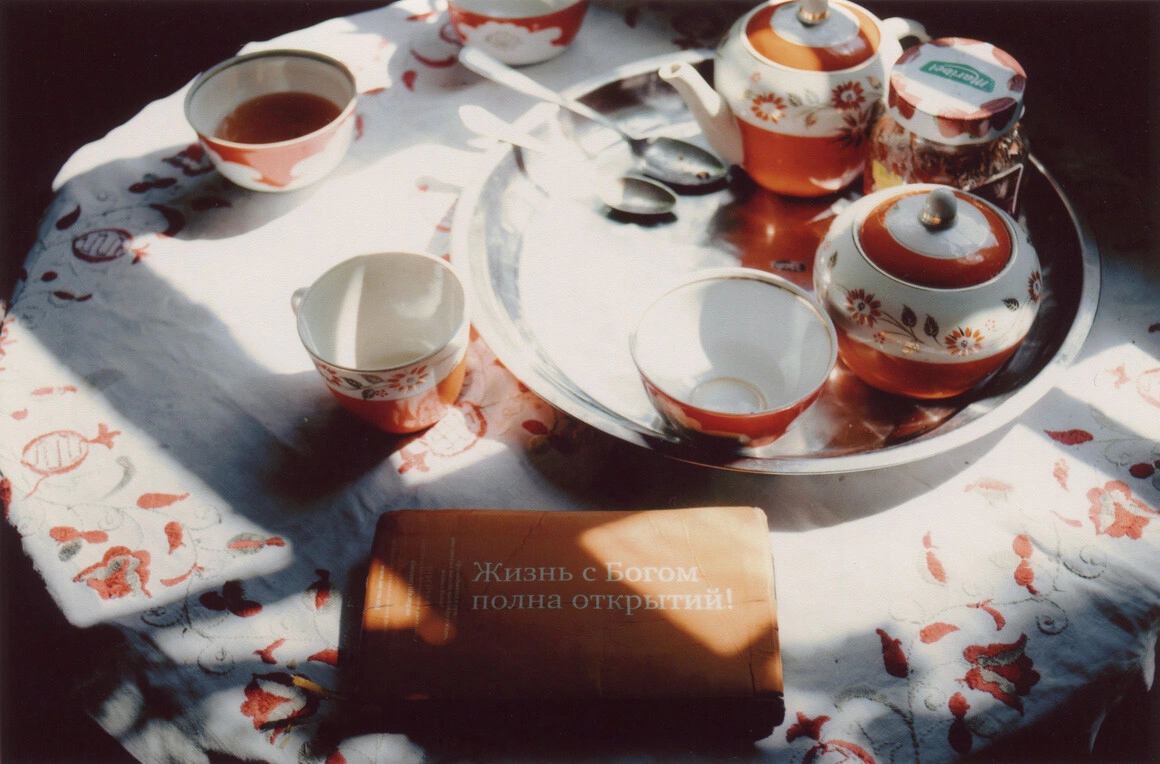
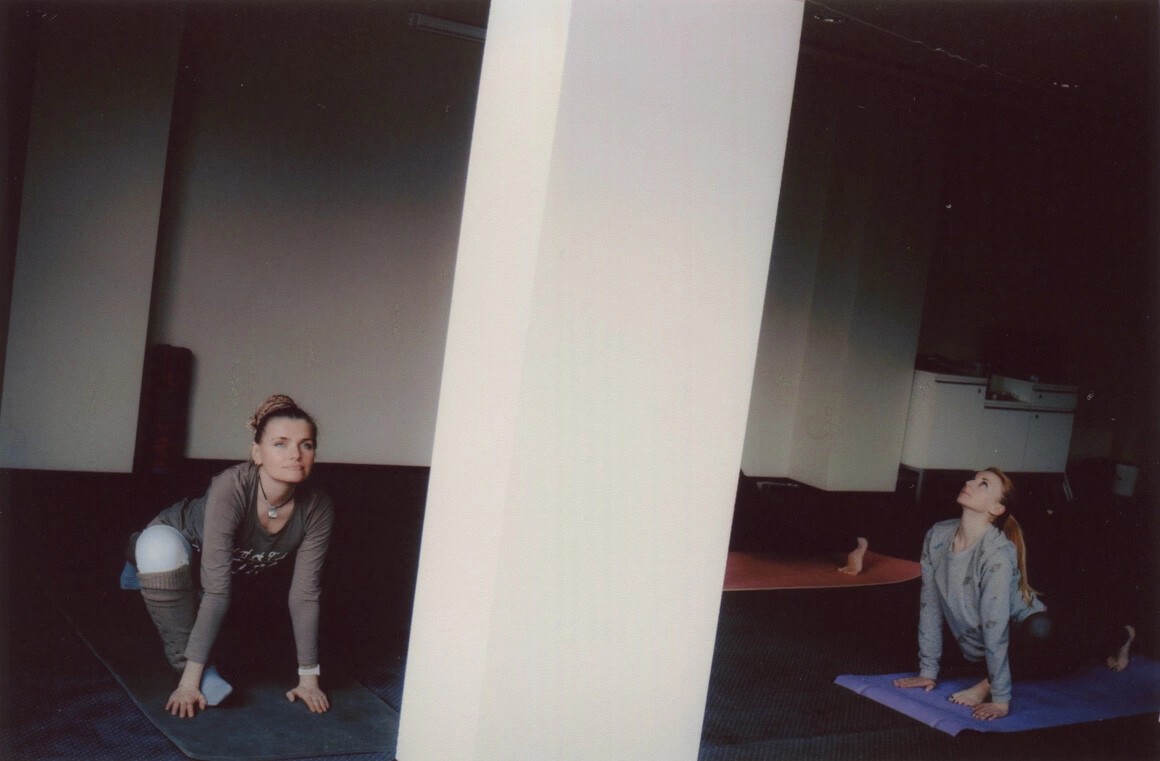
I started painting here again. I began to teach yoga. I’m trying to use everything I’ve learned throughout my life. Of course, I could’ve worked as a dishwasher, working in 2 or 3 shifts a day, but I realized that I have to do the best I can with what I’m capable of. This is my way of communicating with people – I want to be as useful to them as possible. I want to be useful as a psychologist, as a painter, as a yoga instructor, as a close friend, as a girlfriend, as a mother. We don’t plan to leave anytime soon. Welcome to the “Rakhiv” station.
It doesn’t matter what happens to us, that me and my children are refugees, it is how we react to it that matters. At some point I realized there are no victims, and there are no aggressors. There is only life, and we have to look at it without illusions or judgements. There’s a good saying: “solve problems as they come” and this makes everything much simpler. It already happened, so there is no point in worrying about it.
Every place, wherever you go, has everything you need. Only when you start stockpiling goods or making bank deposits: the banks start crashing, houses are exploding, the land is taken by another country. Your force must come from within: it may be God, if you wish. This is something eternal in each of us.
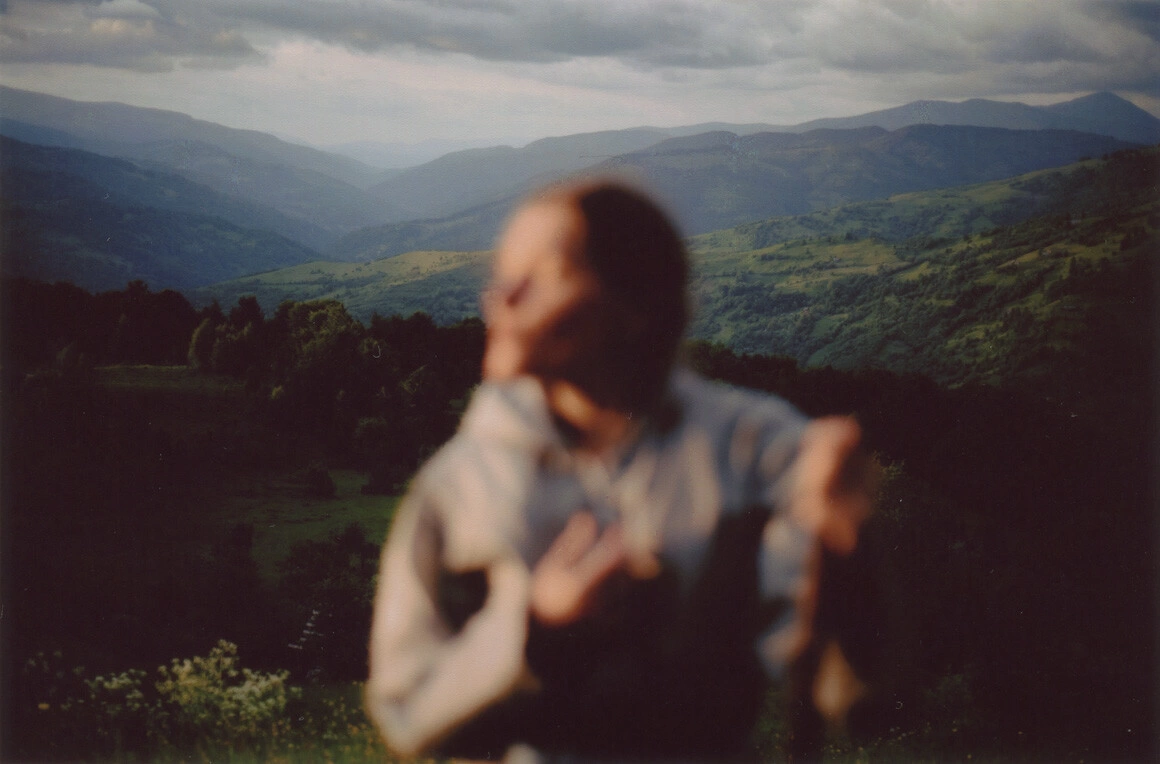
All that’s happened: my husband’s death, my mom’s illness — these are all very traumatic experiences. They brought a lot of pain, but I understand that even this pain had to happen.
I realize now that the Russian proverb: “There would be no happiness, but misfortune helped,” is very wise. In order to be yourself, to be in harmony with the world around you, to be happy, you just have to stop making judgements. You have to enjoy everyday and to share this happiness with everyone around you. Life is too short. We may die at any moment and all that was valuable in our life was love.”
